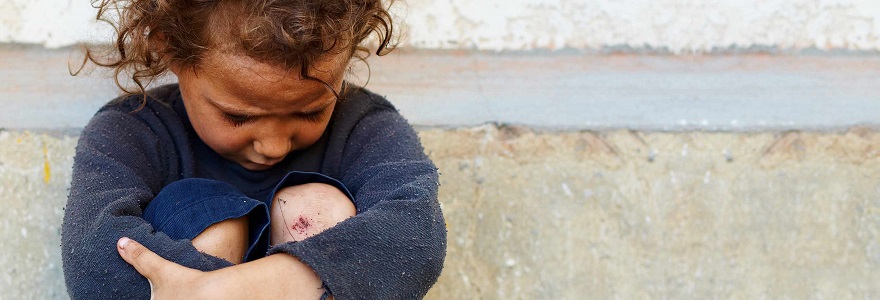Social Paediatrics

As paediatricians, the impact of social determinants of health on our patient population is an important consideration – children do not exist in isolation, but rather within a dynamic network of caregivers and systems responsible for their care, education and well-being.
The Social Pediatrics Program at Children's Hospital, London Health Sciences Centre (LHSC) works with patients, families and community to deliver a diverse, socially-just Patient and Family Centred Care (PFCC) curriculum, fostering empathy and caring in physician culture.
Our curriculum is based on the following definition of Social Paediatrics:
A global, holistic, and multidisciplinary approach and application to child health; it considers the health of the child within the context of their society, environment, school, and family, promoting and integrating the physical, mental, and social dimensions of child health and development as well as care, prevention, and promotion of health and quality of life. This comes with the recognition that family, educational, social, cultural, spiritual, economic, environmental and political forces affect the health & functioning of children.
Reference: European Society for Social Paediatrics & Child Health
The program is a longitudinal, three-year curriculum integrated throughout the paediatric residency training program at Western University. The program has been developed in partnership with the local community with a specific focus on engaging and fostering alliances with marginalized populations such as Indigenous groups, LGBTQ2S+ advocates, people with addictions, mental health issues, and people experiencing poverty and homelessness.
Residents will learn and practice the concept of social medicine through:
1. Formal education sessions to introduce residents to important theory and evidence within Social Medicine. All sessions will combine a didactic, theory or knowledge-based component with a practical component to highlight application.
2. Community-based experiences woven throughout PGY1 to PGY3 rotations; balancing breadth of exposure to different services and agencies, with a depth of experience to enhance practical skills.
3. Advocacy Project in which residents will work with a coach to learn about the principles and approaches to health advocacy and produce a small project that will be presented in their PGY3 year.
4. Simulation training will provide an opportunity for residents to practice clinical competencies with a particular focus on therapeutic skills, professional attitudes, personal biases and interdisciplinary team-work. [in progress]
The overarching program goals are to:
1. Enhance trainees’ knowledge, attitudes and skills related to the practice of social medicine
2. Promote health equity at the systemic level
3. Address implicit bias in curricula and hospital/physician








